
Top 10 Popular AI Apps
An AI app, or Artificial Intelligence app, refers to a software application that incorporates AI technologies and functionalities to perform specific tasks or provide intelligent capabilities. These apps utilize AI algorithms, machine learning models, and other AI techniques to enable intelligent behavior, data analysis, decision-making, and automation. Top 10 Popular AI Apps.
AI apps can have various applications and functionalities, depending on their specific purpose. Some examples of AI apps include virtual assistants like Siri, Google Assistant, and Cortana, which use natural language processing and machine learning to understand and respond to user queries. Other AI apps focus on image recognition, language translation, recommendation systems, predictive analytics, voice recognition, or chatbots, among many other possibilities.
AI apps are designed to enhance user experiences, streamline processes, automate tasks, provide personalized recommendations, and improve overall efficiency and productivity. They leverage AI technologies to learn from data, adapt to user behavior, and make intelligent decisions, ultimately making tasks more manageable, more efficient, and more effective. Top 10 Popular AI Apps.
It’s important to note that the term “AI app” is a broad concept, encompassing various types of software applications that incorporate AI capabilities. The specific functionalities and features of an AI app can vary depending on its intended use and the AI techniques it employs.
Google Assistant
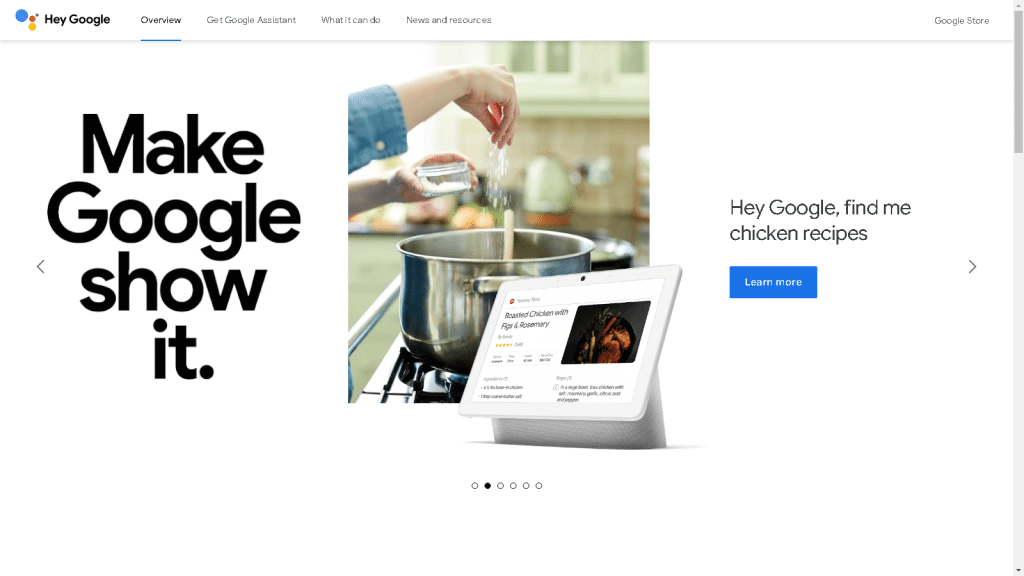
Google Assistant is an AI-powered virtual assistant available on Android and iOS devices. It offers voice-controlled access to a wide range of features. Users can ask questions, get weather updates, set reminders, send messages, make phone calls, play music, control smart home devices, and receive personalized recommendations. Google Assistant integrates with various Google services, providing seamless access to information, making it a versatile and intelligent assistant.
Siri – Apple’s virtual assistant
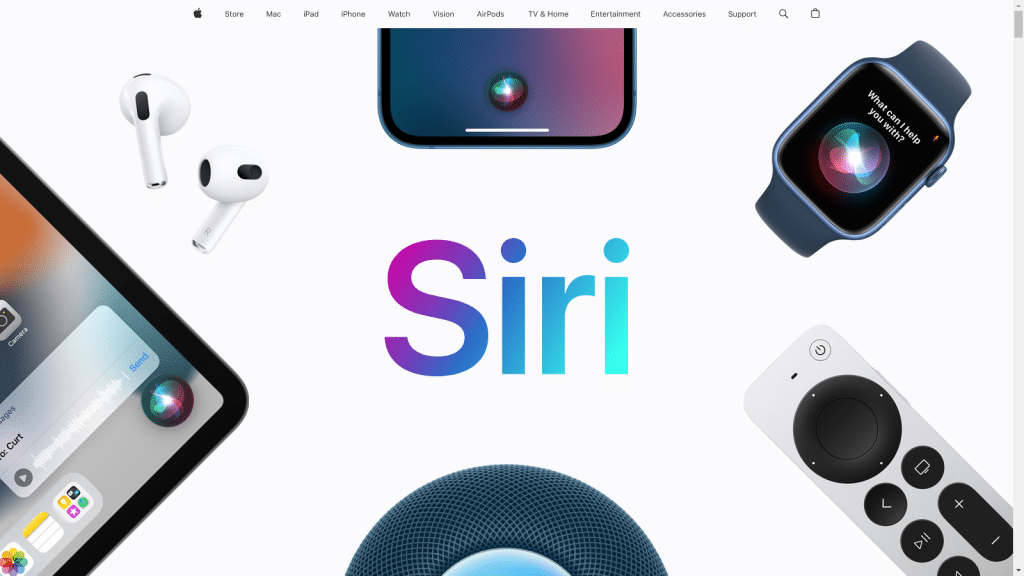
Siri is Apple’s virtual assistant, available on iOS devices. It enables users to perform tasks using voice commands. Users can send messages, make calls, schedule appointments, set reminders, navigate directions, search the web, and interact with various Apple services. Siri’s natural language processing capabilities and integration with Apple’s ecosystem make it a convenient hands-free assistant.
Cortana – Microsoft’s virtual assistant

Cortana: Cortana is Microsoft’s virtual assistant found on Windows 10 devices. It offers voice-activated control, web search, and personalized recommendations. Users can set reminders, schedule appointments, send emails, play music, check the weather, perform system tasks, and interact with Microsoft apps and services. Cortana’s productivity-focused features make it a valuable assistant for Windows users.
Amazon Alexa
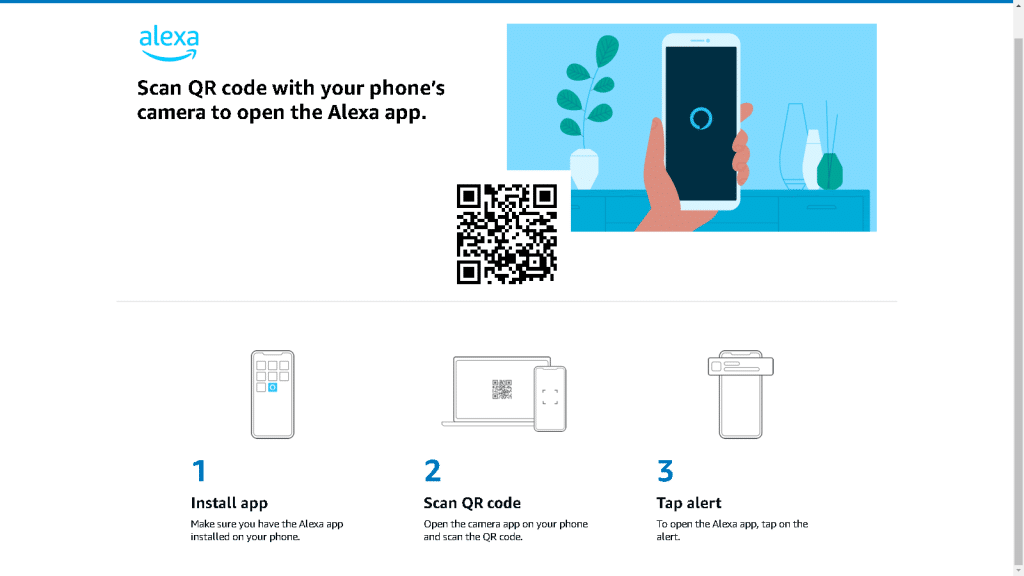
Amazon Alexa powers a range of Echo devices, serving as a virtual assistant for voice interaction and home automation. Users can ask Alexa questions, play music, control smart home devices, set timers and alarms, order products from Amazon, get news updates, access weather forecasts, and even book a ride. Alexa’s vast skills and integrations make it a central hub for smart homes and daily tasks.
Prisma – Photo editing app
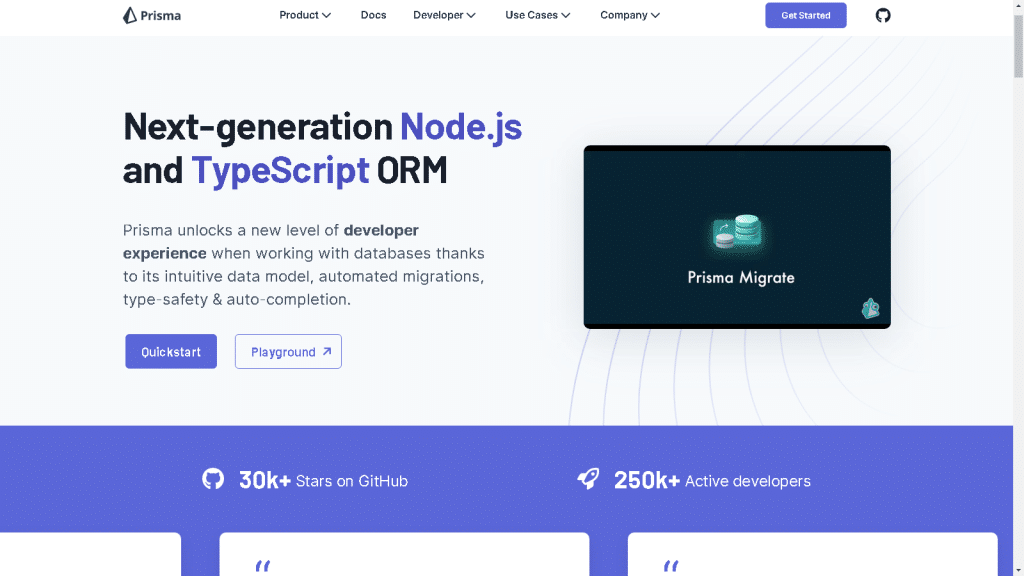
Prisma is a popular photo editing app that uses AI algorithms to transform images into various artistic styles. With Prisma, users can apply filters inspired by renowned artists like Picasso, Van Gogh, and Munch. It goes beyond simple filters by utilizing neural networks to analyze and recombine image elements, resulting in stunning artworks from ordinary photos.
SwiftKey – A keyboard app
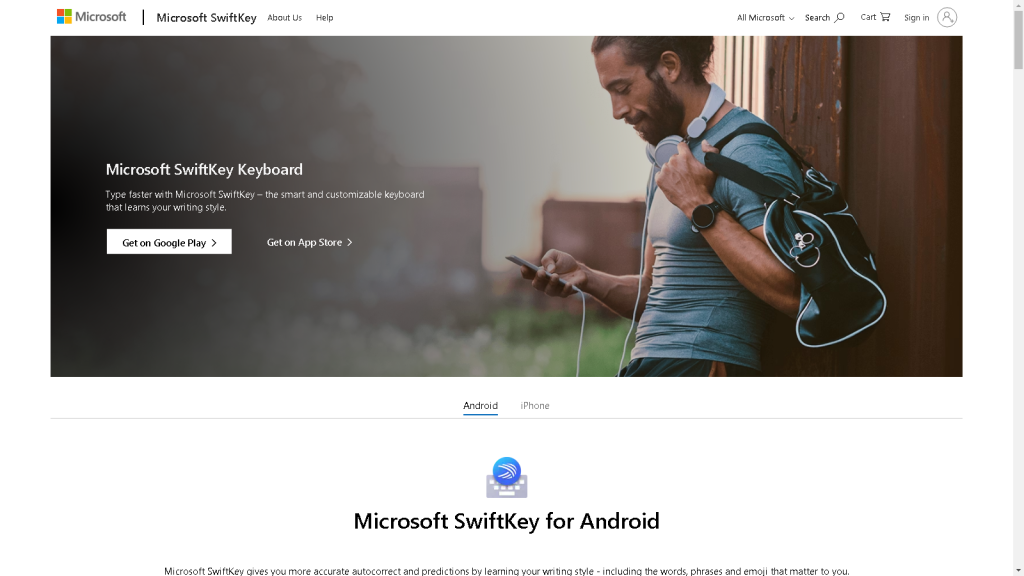
SwiftKey is a keyboard app that incorporates AI algorithms to provide accurate predictive text and autocorrection. It learns from a user’s typing behavior to offer customized suggestions, improve typing speed, and adapt to their writing style. SwiftKey supports multiple languages, emoji predictions, and swipe typing, and can even learn from personal typing habits on different devices.
Duolingo – AI-powered language learning app
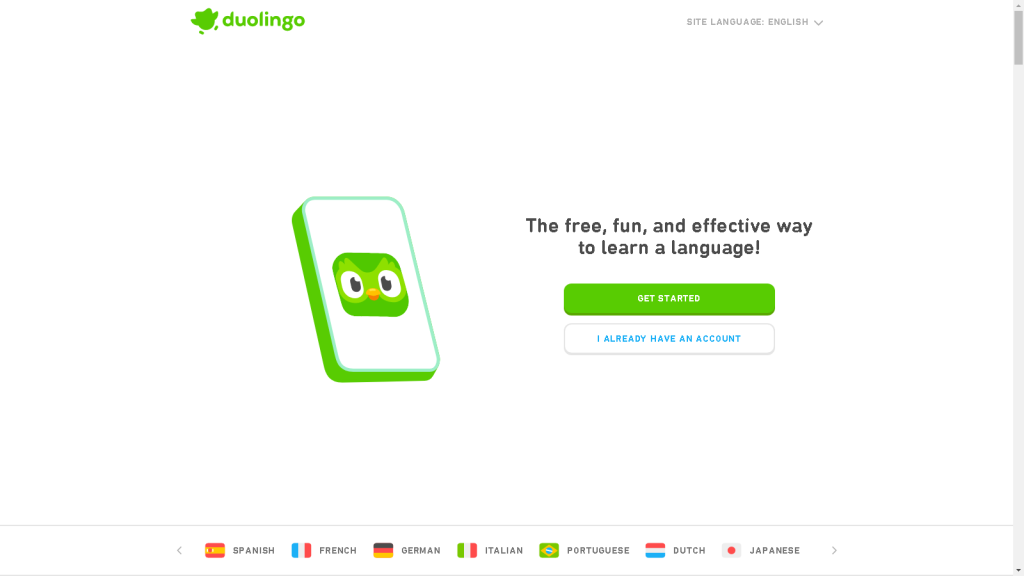
Duolingo is an AI-powered language learning app. It offers bite-sized lessons in a gamified format. Duolingo uses AI to personalize lessons, adapt difficulty levels, and track individual progress. Users can learn multiple languages, practice listening, speaking, reading, and writing skills through interactive exercises, and receive instant AI-generated feedback to enhance their language learning journey.
FaceApp
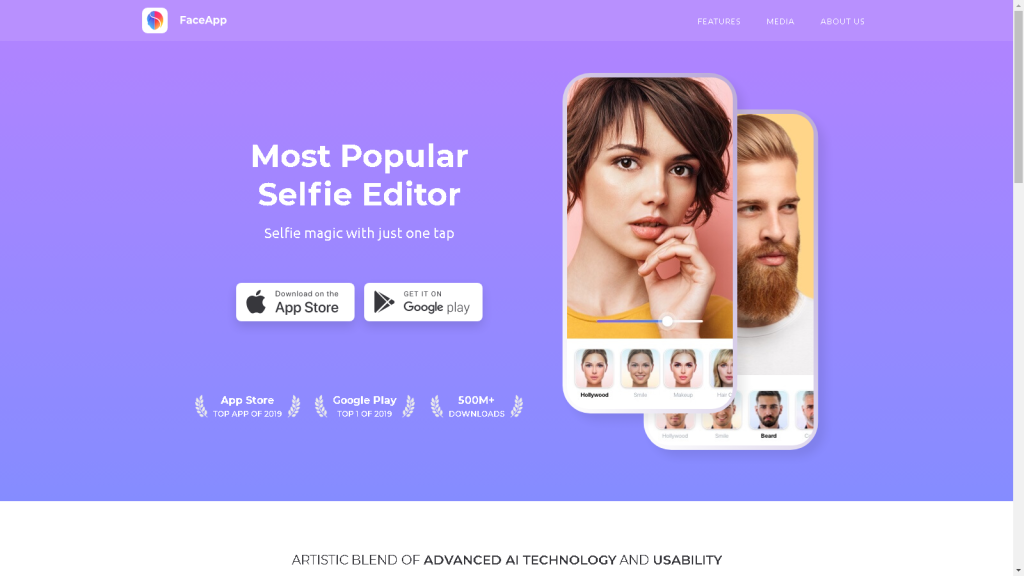
FaceApp gained popularity for its AI-driven features that can modify facial features, apply filters, and even age-progress photos. Users can experiment with various effects, change hairstyles, apply makeup, and transform their appearance in fun and creative ways. FaceApp’s advanced neural network algorithms enable realistic and engaging visual transformations.
Shazam: Shazam is a music recognition app that uses AI algorithms to identify songs based on recorded snippets. Users can quickly discover information about the artist, album, and lyrics of the recognized songs. Shazam’s vast database and audio-matching technology make it a valuable tool for identifying music, exploring new artists, and creating playlists.
TikTok: TikTok is a social media app that leverages AI algorithms to curate personalized video feeds based on user preferences. It suggests and showcases short-form videos in various genres like comedy, dance, cooking, and more. TikTok’s AI analyzes user behavior, engagement, and content preferences to deliver an addictive and tailored video experience. Top 10 Popular AI Apps

